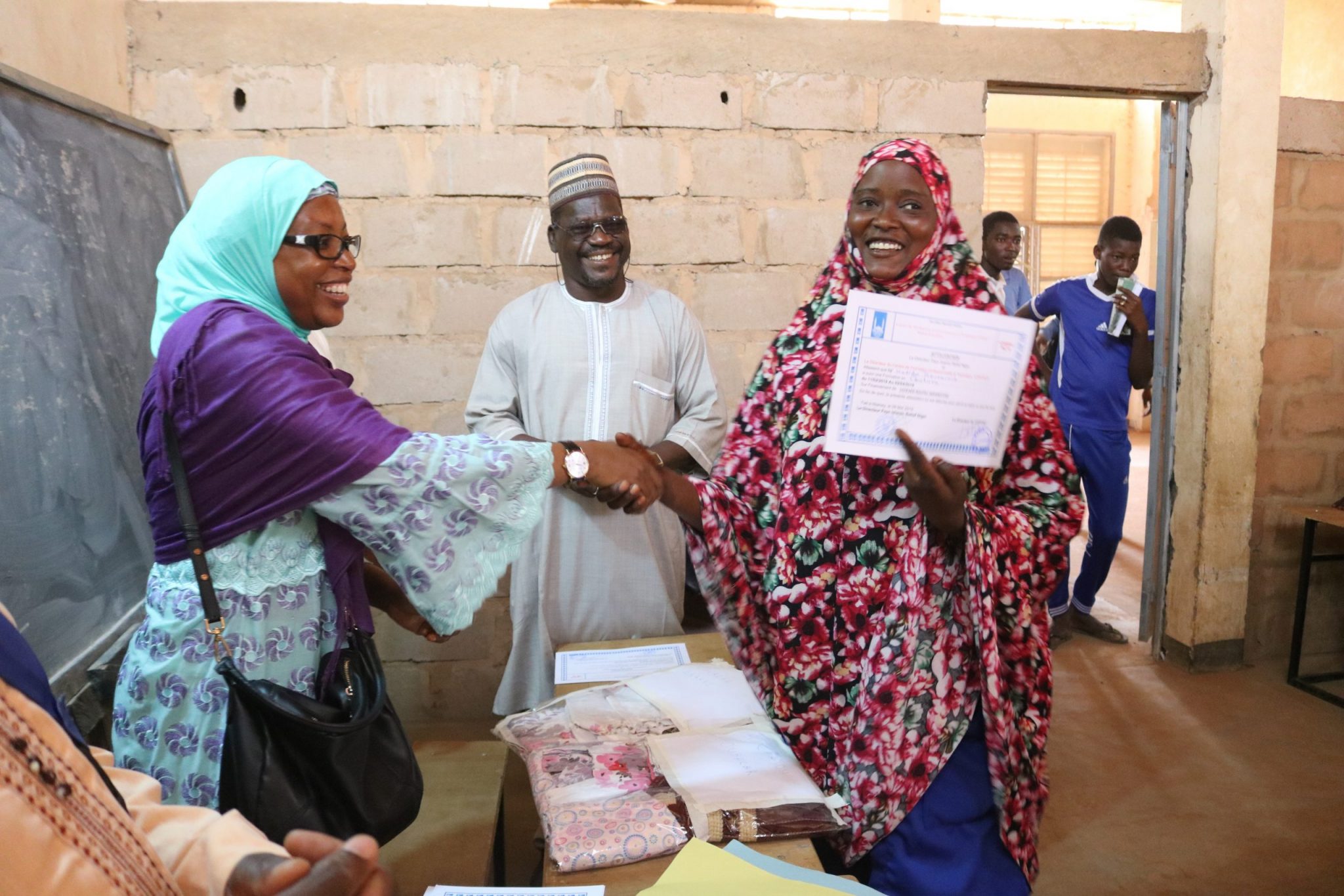CHS story of change: Islamic Relief Worldwide’s commitment to promoting a culture of learning (Commitment 7)
In the run up to the launch of the Humanitarian Accountability Report 2020, we have spoken to different organisations who have achieved certification against the Core Humanitarian Standard (CHS), to learn more about how this process is driving changes in policy and programmes. And ultimately, how it is helping aid work better for the people affected by crisis.
Here, we share IRW’s insights into what they are doing to meet Commitment 7 of the CHS which states that people affected by crisis can expect delivery of improved assistance as organisations learn from experience and reflection.

Improving living conditions’ of orphans in Kongou, Niger
Throughout the CHS certification cycle, Islamic Relief Worldwide (IRW) has placed high priority in developing a culture of learning and continuous improvement (Commitment 7) in a number of ways.
- Firstly, the organisation has invested significantly in their own bespoke quality management system which offers oversight of ongoing improvement against key functions, and learning requirements are explicitly incorporated within this organisational-wide system.
- Secondly, IRW has embedded a culture of learning from success and failures and applying these insights to adapt current and future programmes. In practice, this is achieved through adopting systematic learning registers which are intended as working documents for review to capture learning on a regular basis at the country level. They also hold lessons learnt workshops to generate constructive feedback and facilitate organisational learning effectively.
- Thirdly, the creation of communities of practice and enhanced use of knowledge management systems such as Microsoft Team have made further contributions to the organisational practice and system-wide learning. IRW recognises the importance of cross-learning between departments, regions and countries and thus has streamlined access of learning resources to all field staff by simplifying navigation and promoting active virtual interactions.
Mayumi Fuchi, Global Programme Accountability and Learning Lead, says “We have started seeing concrete impacts in the way headquarter and field office staff communicate and share learning. For instance, in response to emergency COVID-19 crisis, the international programme team at HQ has utilised enhanced use of interactive virtual meetings whereby humanitarian team and technical advisors give presentations, followed by real-time discussion and cross-sharing of best practice among country teams.”
In addition, learning and development arm of IRW, Humanitarian Academy for Development (HAD) has strengthened its virtual capability to deliver effective learning to IR’s global workforce. Through partnership with Humentum, HAD has established its bespoke learning portal (IR Learn) that offers access to content that has been specifically designed by and for IR staff, as well as access to the full catalogue of 1000+ free courses, provide d by Humentum in a wide range of languages such as Arabic and French. IR Learn can be accessed from mobiles, tablets, laptops and PCs from anywhere in the world, making learning independent of time and location. The commitment to promote a culture of learning continues to lie at the heart of our work and is fundamental in ensuring effectiveness and efficiency of our global programmes.
The Humanitarian Accountability Report (HAR) 2020 will highlight eight more stories of CHS change, as well as providing an evidence-based overview of how accountable the aid sector is today. To attend the virtual HAR 2020 launch event and be one of the first to access the report’s results, sign up to the free virtual Global CHS Exchange, 6-8 October 2020.
